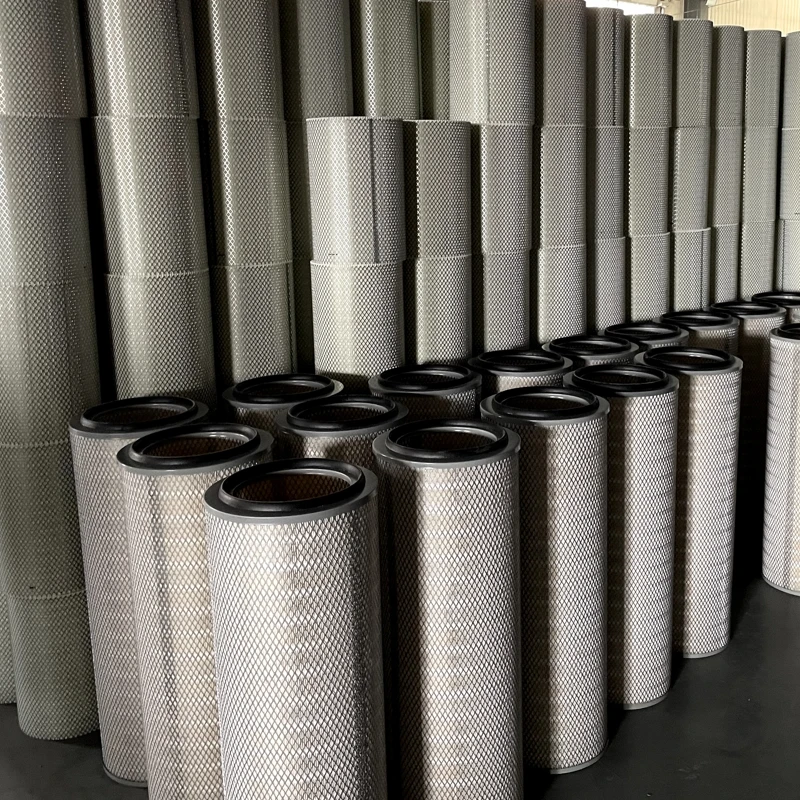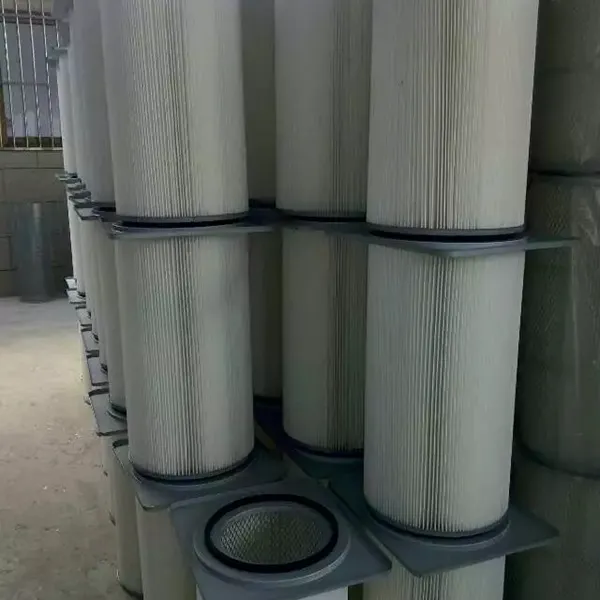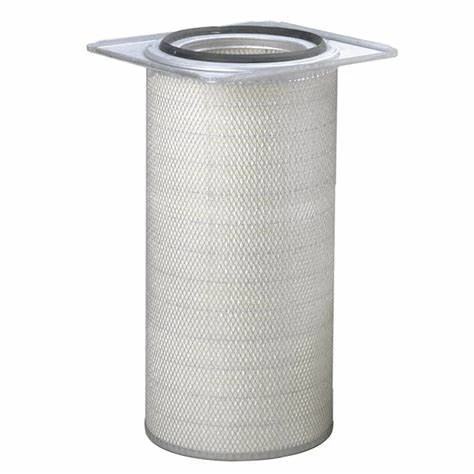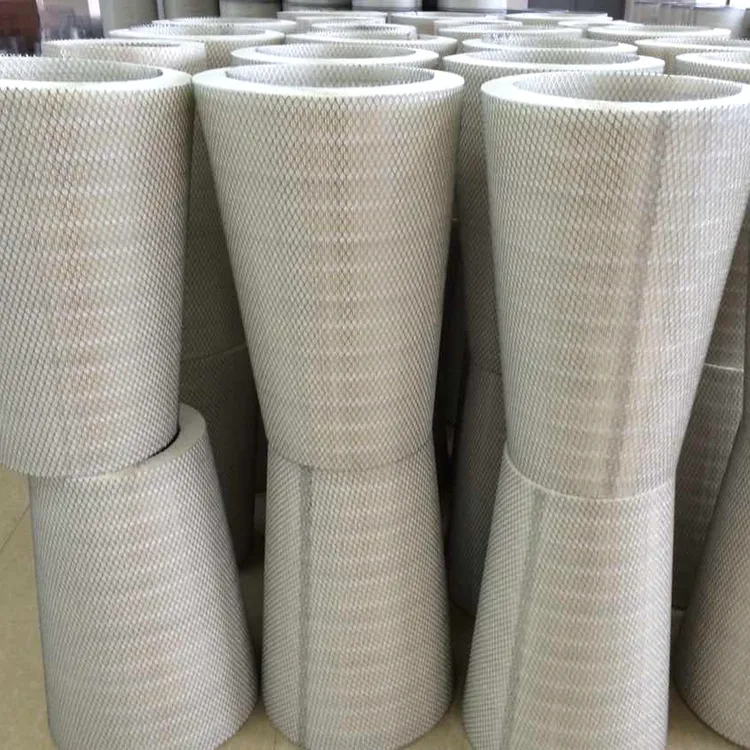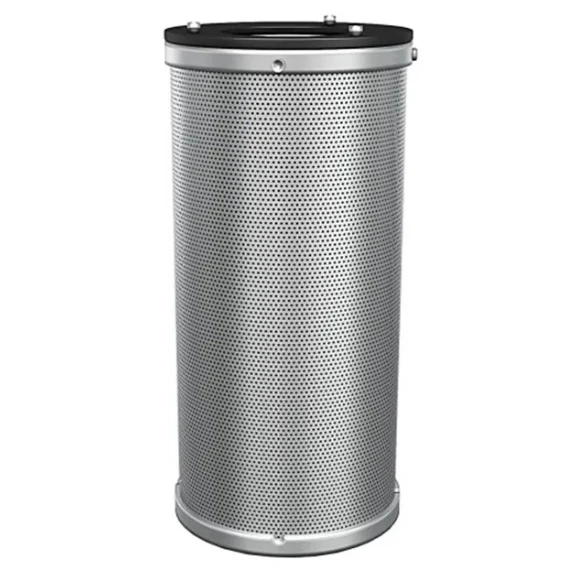 Tel:
+8618931101301
Tel:
+8618931101301
Nën . 09, 2024 08:41 Back to list
Best Practices for Turbine Air Intake Filter Selection and Maintenance
The Importance of Turbine Air Intake Filters
Turbine engines are an essential component in various industries, from aviation to power generation. At the heart of these engines lies the necessity for clean air intake, a task primarily accomplished by turbine air intake filters. These filters play a crucial role in maintaining engine performance and longevity, ensuring that impurities are kept at bay.
The Role of Air Filters
Air intake filters in turbine engines serve to trap dust, debris, and other particulate matter that could potentially harm engine components. In an environment where turbines are often subjected to harsh conditions, such as industrial sites or airports, the need for high-quality air filtration becomes paramount. The design and material of these filters are specifically engineered to withstand the demanding operational conditions that turbines face.
Types of Turbine Air Filters
There are several types of air intake filters used in turbine applications, each with distinct advantages
1. Mechanical Filters These filters rely on physical barriers to trap contaminants. They are often made of woven fibers or foam materials that allow air to flow through while capturing larger particles. Mechanical filters are widely used due to their simplicity and cost-effectiveness.
2. Electrostatic Filters Utilizing static electricity, these filters can attract and hold onto particles that pass through. This type of filter is particularly effective at capturing smaller particles that mechanical filters might miss, thereby providing a higher level of air cleanliness.
3. HEPA Filters High-Efficiency Particulate Air (HEPA) filters are designed to remove at least 99.97% of particles that are 0.3 microns or larger. While typically used in sensitive environments, such as hospitals or laboratories, their application in turbine air intake can greatly enhance performance in clean air requirements.
Benefits of Using Quality Air Filters
turbine air intake filters
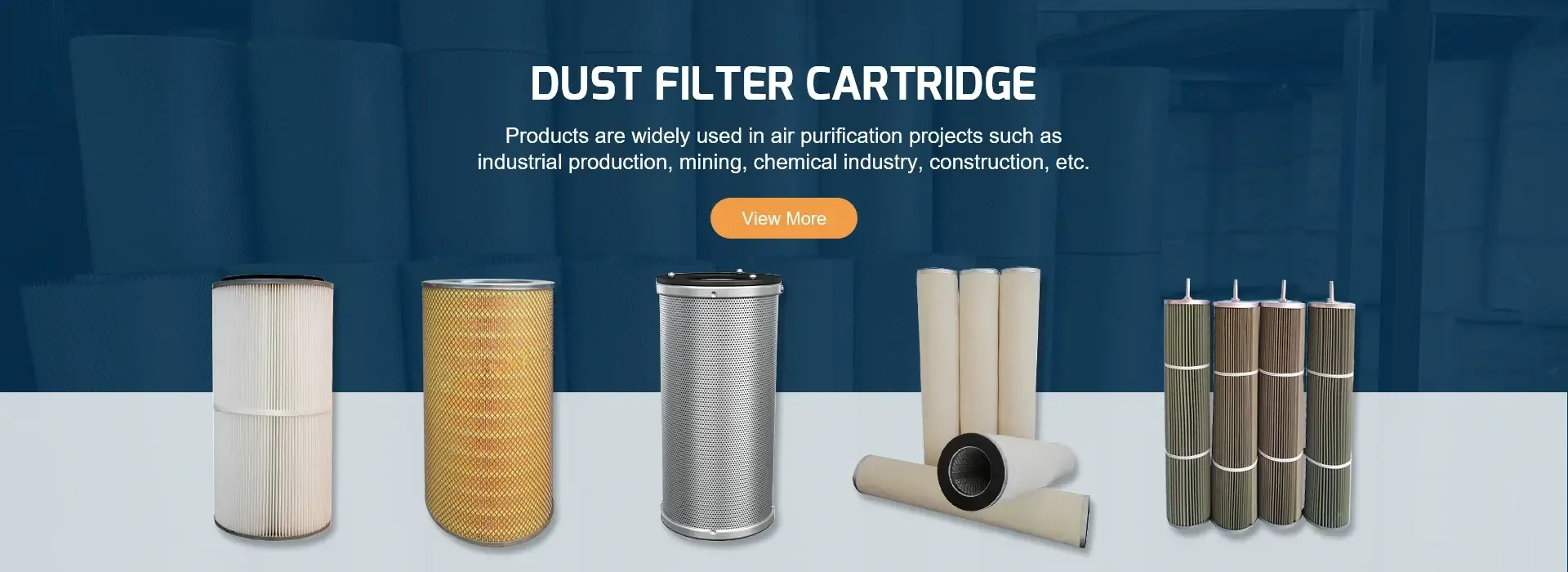
Investing in high-quality air intake filters has numerous benefits for turbine engines
- Improved Efficiency Clean air intake results in better combustion efficiency. This maximization of fuel use leads to enhanced engine performance, lower operational costs, and reduced emissions.
- Extended Engine Life Contaminants can cause erosion and damage to engine parts. By filtering out harmful particles, air intake filters help prolong the lifespan of turbine components and reduce the frequency of maintenance and repairs.
- Consistent Performance Turbines require a consistent supply of air to function effectively. Quality filters ensure that airflow remains steady, even in environments where conditions can rapidly change.
The Importance of Regular Maintenance
While air intake filters are designed to be durable, they require regular inspection and maintenance. Clogged or damaged filters can significantly impair engine performance, leading to reduced power output and increased fuel consumption. Regular checks and timely replacements are essential to ensure that turbines operate at their best.
Moreover, the selection of the right air filter system can vary based on the specific operational environment of the turbine. Those in dusty or polluted areas may need more robust filtration solutions compared to ones in cleaner settings.
Conclusion
In conclusion, turbine air intake filters are an indispensable part of turbine engine operation. They are vital for ensuring clean airflow, enhancing efficiency, and protecting engine components from wear and tear. Investing in high-quality filters, coupled with regular maintenance, can greatly improve turbine performance and extend operational life. As industries continue to evolve, the importance of maintaining clean air intake will remain central to the efficiency and reliability of turbine engines.
-
When should the dust filter be replaced?NewsApr.30,2025
-
How to choose a special dust filter?NewsApr.29,2025
-
Industrial air filters: How to deal with high dust environments?NewsApr.28,2025
-
From coconut shell to coal: performance differences of activated carbon filter elementsNewsApr.24,2025
-
Air filter survival guide in high-dust environmentsNewsApr.23,2025
-
How do air filters cope with high-concentration dust environments?NewsApr.21,2025

 Email:
Email:
